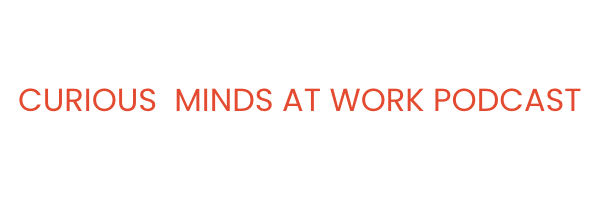 Does our obsession with the myth of the lone genius cause us to miss out on opportunities for high-impact innovation?
Does our obsession with the myth of the lone genius cause us to miss out on opportunities for high-impact innovation?
Scott Page helps us see how diverse teams repeatedly outperform not only smart individuals, but also teams of talented individuals with similar backgrounds and cognitive tools. Scott is the author of The Difference: How the Power of Diversity Creates Better Groups, Firms, Schools, and Societies, and Professor of Complex Systems, Political Science, and Economics at the University of Michigan. His findings have deep implications for what we teach students, how we evaluate employees, and how we make some of our biggest decisions.
In this interview we discuss:
- How cognitive diversity includes how we think about the world, how we solve problems, and how we search for creative solutions
- How we can help others innovate by asking them to come up with adjacent possibles or ideas similar to the ones we are talking about
- How people who are successful in their fields accumulate skills in subtle ways over time
- The marked impact team diversity can have on the accuracy of its predictions
- How leaders can compile data on employee competencies and experiences to inform which people they place on which teams and to determine when they may need outside perspectives
- Why we should gather data on which team members made the most accurate predictions on the most important projects
- Why we want to consider the most important aspects of the work we are trying to do in order to determine which people to put on which teams
- Why we should ask ourselves, do we have diversity on the dimensions that matter most? If not, then find members outside of the organization who do.
- Given a certain competency threshold, randomness of team members may trump ability
- The fact that research shows we are always better off including some diversity as opposed to forming teams of all the best, most similar people
- Why even very small improvements due to difference accumulate in big ways over time
- The fact that team diversity allows us to make continual improvements
- How we suffer from a siren call of sameness where we want to work with and hire people who look like us, attended the same schools, and travel in the same social circles, yet those are some of the people we should most avoid when we want to solve complex problems
- How quants are giving us clear insights into the impact of diverse teams
- How complexity is driving us to work in teams yet how we are still evaluating most people in our organizations only as individuals
- The fact that we want both deep talent and diverse talent in our organizations and on our teams
- The fact that with people from only one identity group, we have a limited set of life experiences and ways of seeing the world that limits our creativity and problem-solving abilities
- When it comes to social policy work we want to be sure we have people in the room who can assess the policy from a multitude of perspectives and experiences
- Why young people should be thinking about depth and difference and the tools and skills they need to learn to demonstrate either or both
- What skills, tools, and behaviors are we helping young people accumulate?
Links to Topics Mentioned in this Podcast
http://sites.lsa.umich.edu/scottepage/
Bounded Rationality: The Adaptive Toolbox by Gerd Gigerenzer and Reinhard Selten
Barbara Mellers and Philip Tetlock
If you enjoy the podcast, please rate and review it on iTunes – your ratings make all the difference. For automatic delivery of new episodes, be sure to subscribe. As always, thanks for listening!
